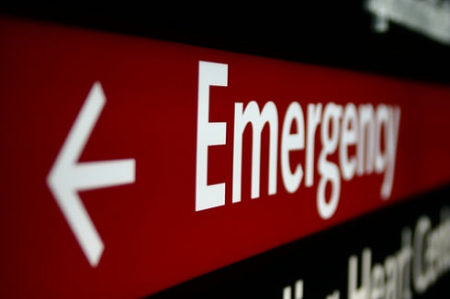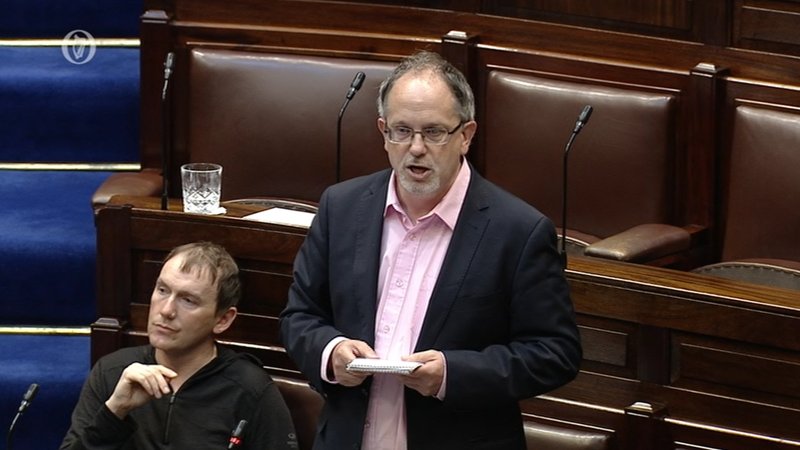2 January 2018
By Mary Bermingham
mary@TheCork.ie
INMO annual Trolley and Ward Watch figures indicate any improvement to hospital overcrowding highly unlikely in 2018 unless, drastic and innovative steps taken immediately
For the second year running, the Irish Nurses and Midwives Organisation (INMO) trolley and ward watch figures, heading into the final weekend of the year, recorded over 300 patients waiting on trolleys or on additional beds in wards of our busiest hospitals.
Overall, throughout 2017, 98,981 admitted patients were recorded as awaiting a hospital bed (Annual Trolley and Ward Watch Report attached):
- University Hospital Limerick recorded the highest annual number of 8869;
- Cork University Hospital and University Hospital Galway recording 6815 and 6563 respectively;
- The Mater University Hospital in Dublin was the capital’s most overcrowded hospital with 5238 patients on trolleys during 2017; and
- Smaller hospitals such as Our Lady’s Hospital in Navan showed increases from 595 in 2016 to 2435 in 2017 and Portiuncula Hospital in Ballinasloe recorded 1569 trolley figures compared with 892 in 2016.
Reacting to the level of overcrowding, Phil Ni Sheaghdha, the newly appointed General Secretary of the INMO, called on the HSE to explain how the predictable increases in Emergency Department (ED) admissions remain outside of the scope of hospitals to manage and control:
“Overcrowding in late December and early January is getting worse. Despite investment in winter plans, smaller hospitals are now severely overcrowded which is manifestly unsafe and leads to higher cross infection and poorer outcomes for patients. Nursing staff, constantly working in this high pressure, unsafe environment, cannot be expected to put up with this obvious neglect of duty of care to them and the patients they try to care for any longer. It appears to me, that staff and patients, on the front line, were abandoned while the system shutdown for Christmas and the New Year.”
Ms Ni Sheaghdha, who takes over the role of Co-Chair over the HSE Emergency ED Task Force, said there is a system of de-escalation which is mandatory for hospitals to follow, before spreading overcrowding to the entire hospital, which was abandoned during the Christmas period:
“Our figures show that on December 28 and 29, 11 of the 29 hospitals used their full capacity protocol and placed additional patients on wards. Under HSE policy, the Joint Chairs of the Task Force must be notified in advance of use of Full Capacity Protocol. I can confirm that no notification was provided, by any hospital, to me and that is proof enough to demonstrate an abandonment of the system for dealing with overcrowding. Immediate and dramatic action is now required if further misery and yet again, record-breaking overcrowding levels, are to be avoided as the New Year dawns.”



